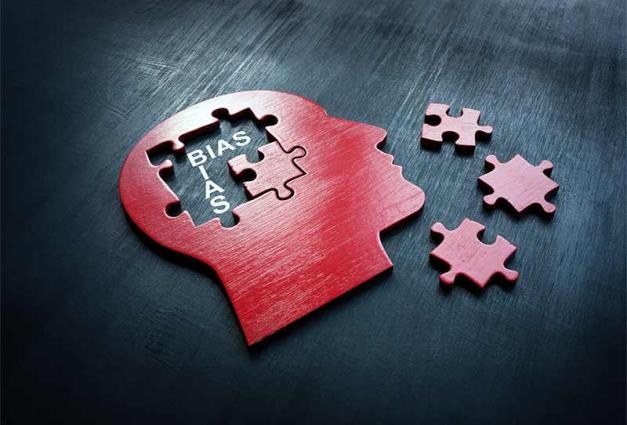After you meet someone for the first time, you might wonder what they thought of you. Did they think you were outgoing? Smart? Nice? You might wonder the same about your friends and the people you know well: do they think you're considerate? Reliable? Funny? The answers to these questions shape your understanding not just of how others experience your personality, but also of who you are and where you stand in your relationships with others. Given their relevance to our sense of self and our relationships, it's important to know: Are our beliefs about what others think of us, called meta-perceptions, spot on or are they biased?
In our research we found evidence that people's beliefs about what others think of them are negatively biased. In six studies, participants met new acquaintances for the first time in the lab and/or they nominated people they knew well, such as friends and family members, to complete a survey about them. Participants then reported on their meta-perceptions of each of these individuals and, in turn, these individuals reported on their impressions of the participant on a variety of personality traits, including extraversion, agreeableness, conscientiousness, neuroticism, openness to experience, sense of humor, intelligence, honesty, attractiveness, and likeability.
For example, Sarah might rate how much she agreed with the item, "Marvin sees me as someone who is helpful and unselfish with others," on a scale of 1 (strongly disagree) to 7 (strongly agree). In turn, Marvin would rate how much he agreed with the item, "Sarah is someone who is helpful and unselfish with others," on the same scale. Comparing Sarah's and Marvin's perceptions would tell us about Sarah's meta-bias, or the degree to which she over- or underestimates Marvin's perception of her. The results from these studies demonstrated that people tend to underestimate how positively they are seen on most personality traits by individuals they have just met and by the people they know well. Why is this the case?
When trying to figure out how someone else sees them, people often fall back on how they see themselves and assume that the other person sees them similarly to this self-view. This process of projecting their self-views onto others tends to negatively bias people's meta-perceptions because how people see themselves tends to be more negative than how others see them. This is especially true for close others like friends and family members who tend to see an individual much more positively than they see themselves. For new acquaintances, uncertainty might also play a role. That is, after meeting someone for the first time, it's likely that people aren't sure what kind of impression they made and so they err on the side of humility.
Underestimating how positively you're seen is a broad phenomenon that we observed in six studies for different types of acquaintances and different personality traits. However, there is some notable variability within this broader phenomenon. While most participants in our studies were negatively biased and underestimated how positively they were seen, we found that some (34%) were accurate and some (18%) were even positively biased, overestimating how positively they were seen by others.
Also, while participants tended to underestimate how positively they were seen on most personality traits, there was one main exception: extraversion. Extraversion reflects how sociable, outgoing, and talkative someone is. When participants met someone for the first time, if they interacted in a small group, they underestimated how extraverted they came off. However, if they interacted one-on-one, they overestimated how extraverted they came off. This might be because being in a group can highlight how little one speaks relative to others, while speaking to one person involves a great deal of work to keep a conversation going, highlighting one's extraversion.
Most people fail to appreciate how positively others see them. So, the next time you find yourself worrying that someone might not think you are kind enough or smart enough, remember that you are likely judging yourself much more harshly than they are judging you.
For Further Reading
Elsaadawy, N., & Carlson, E. N. (2022). Do you make a better or worse impression than you think? Journal of Personality and Social Psychology. https://psycnet.apa.org/doi/10.1037/pspp0000434
Norhan Elsaadawy is a PhD candidate at the University of Toronto studying people's insight into how others see them, when and how that insight unfolds in daily life, and the roles that insight plays in people's identities and relationships.
Erika N. Carlson is an Associate Professor of Psychology at the University of Toronto studying people's insight into themselves and others, whether that insight is adaptive, and, if so, how it can be improved.




